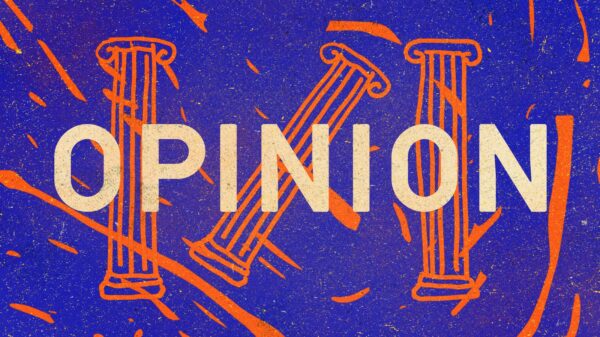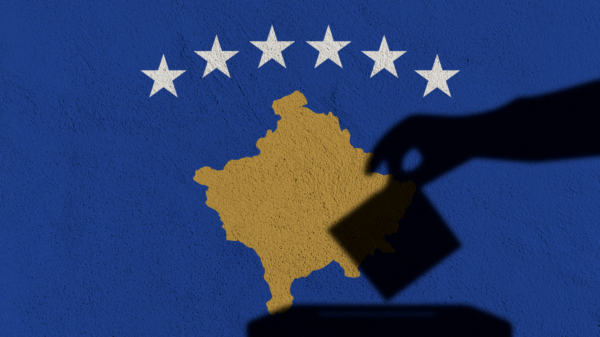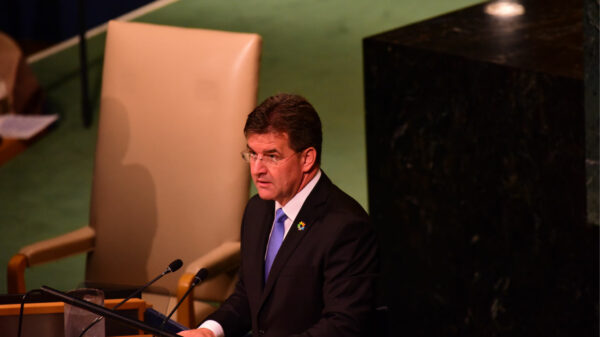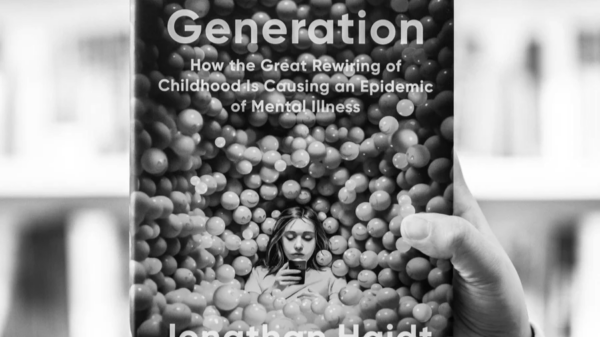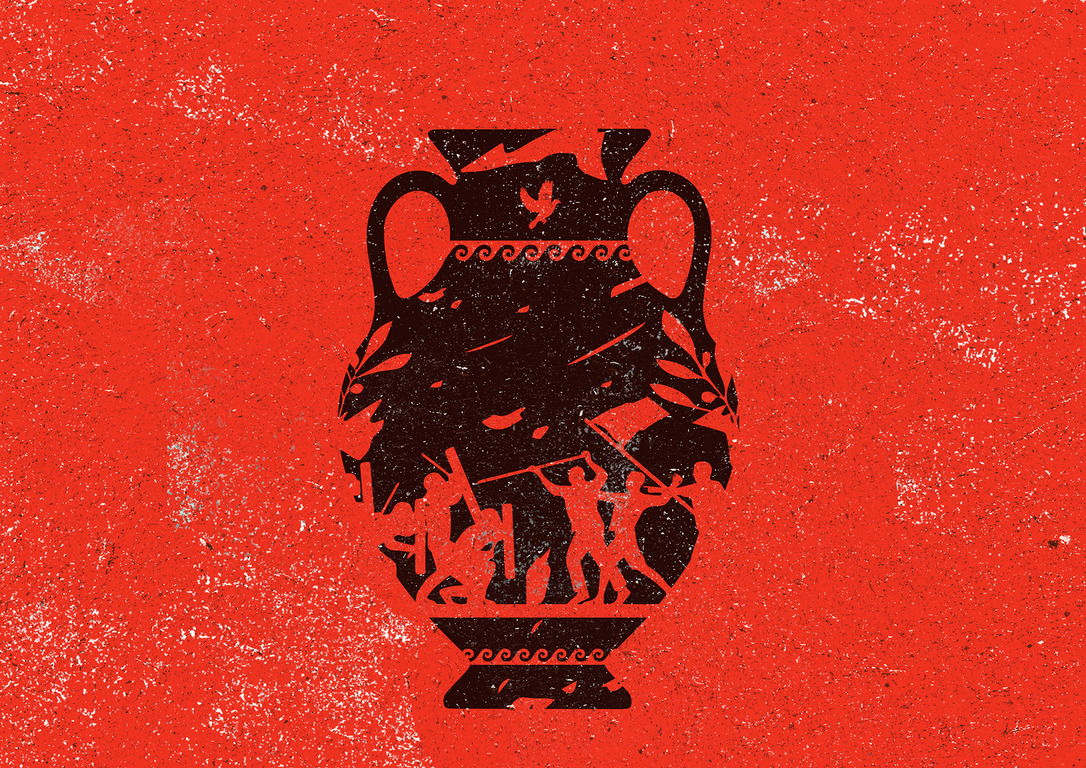Back in July 1998, in Pristina, I was on my way to meet a friend for coffee. We had no mobile phones back then, so the routine was simple: You picked a spot somewhere in the city and stood there, waiting for your friend to show up.
As fate would have it, my friends have always been notoriously late. So, there I stood, standing under the blistering Pristina summer sun, anger building with each passing minute as I plotted how to teach my friend a lesson once he showed up.
That’s when I witnessed a scene that has stayed with me, etched in my memory in painful clarity. About 20 meters from where I stood, a patrol of Serbian police officers stopped a young Albanian man who was holding hands with his girlfriend. They asked him for his ID, which he handed over without hesitation. After just a few seconds of inspecting the document, one of the officers, barely lifting his head, slapped the young man. Then he slapped him again. Right there, in front of his girlfriend, who burst into tears out of sheer fear. I was far away to hear what they were saying to him, but close enough to see the humiliation that this young man was experiencing. At one point, they forced him to chant, “Serbia! Serbia!” Only then did the two officers let him go, exchanging triumphant, condescending glances, satisfied with their display of power.
To this day, I feel shame for not having the courage to do something. Anything. Not that I could have changed the outcome. I probably would have been slapped too. But for the sake of my conscience, I wish I had tried something instead of just watching.
The weight of that moment has haunted me ever since. At that time, I was too uneducated and young to view the event through the lens of civil rights and freedoms. But what I did feel, strongly, was a sense of peer solidarity. A young man degraded in front of his girlfriend. The shaken pride of a man humiliated and helpless before the instinctive urge to protect his partner.
This feeling of peer solidarity goes beyond ethnic belonging. My “people” at that moment were not the Serbian police officers but that young Albanian man.
Over the years, I had forgotten about the incident, burdened by whatever life in Kosovo throws your way. But a few months ago, I came across a testimony that felt familiar, this time from a Serb guy in the north of Kosovo. He described being stopped by Kosovo Special Police, punched several times and forced to chant “Kosovo Republic.”
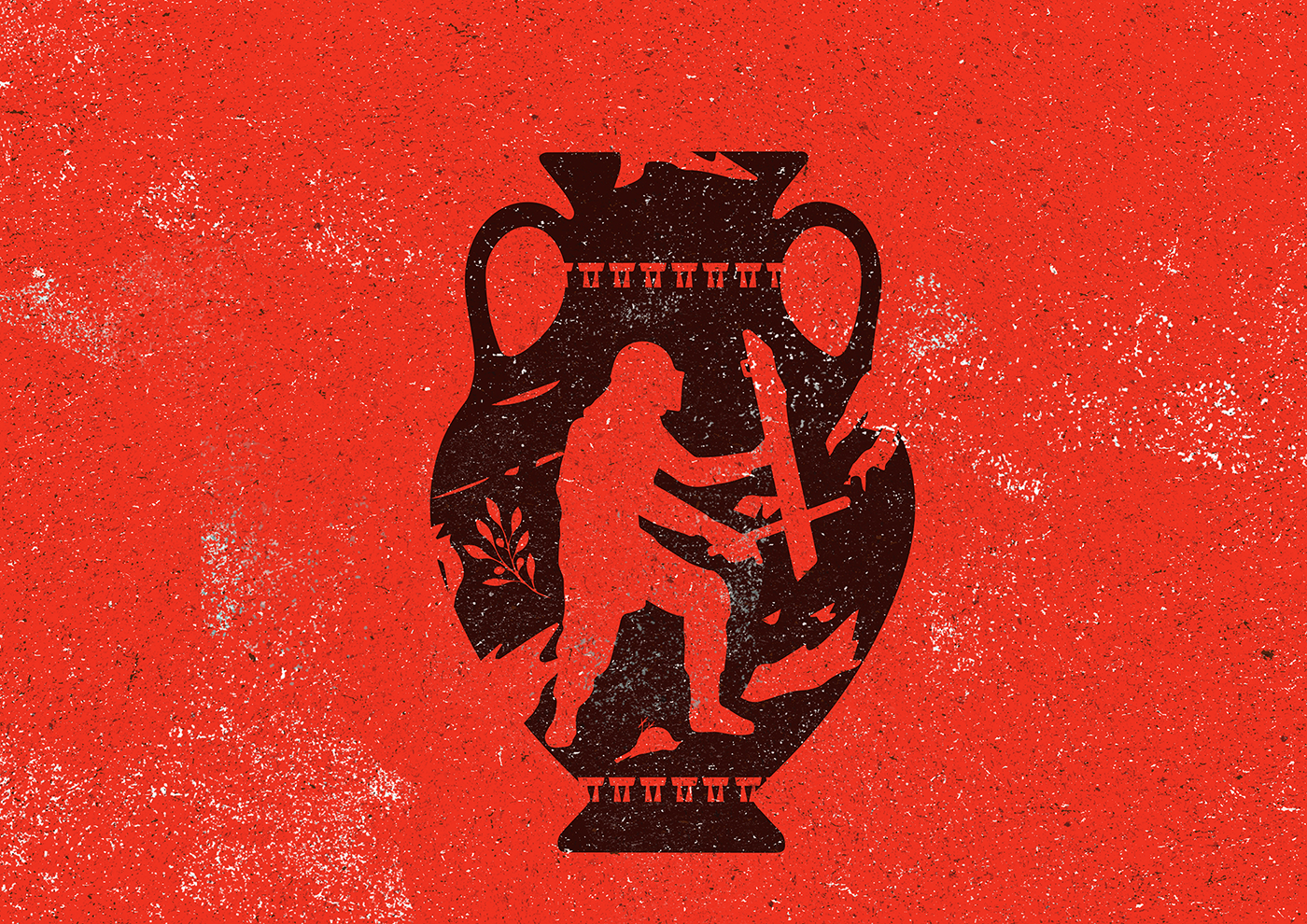
When I read it, I didn’t doubt its authenticity. I knew based on personal experience that these stories are too raw and humiliating to be fabricated. I instantly remembered that story from July 1998 and was wondering whether there were any Albanians who felt sorry for that Serb guy, similar to what I felt when this was done in the name of my people.
Looking back through that same lens, I am convinced that what’s happening in the north of Kosovo today is not a victory for Albanians, and for three key reasons:
1. Forceful integration of Kosovo Serbs is not a solution
The assumption that the forceful integration of Kosovo Serbs into the Kosovo institutional system is the only way to resolve the crisis in the north is simply not true.
The integration of Kosovo Serbs is already the intended outcome of the Kosovo-Serbia Dialogue facilitated by the EU. The difference is that the EU envisions a gradual, social, economic political and administrative process aimed at finding solutions without disrupting people’s everyday lives.
There’s nothing to celebrate over in actions that dismantle the infrastructure of daily life for regular citizens—pensioners, parents, those dependent on social support, etc. Anyone who this as a victory has a shortsighted view.
The choice in approaching this matter, taken by the government in Pristina is polluted with partisan interests and its outcome is deepening the already unacceptably wide antagonisms between Serbs and Albanians, accelerating the departure of Serbs from Kosovo.
Looking beyond ethnic intolerance, revenge and fleeting triumphalism, it is becoming increasingly clear that Kosovo is on a path to being marked as a society incapable of sustaining genuine multi-ethnicity.
2. The methods employed in the north of Kosovo are neither democratic nor legal
Kosovo Serbs in the north have been witnessing an array of problems deriving from the arbitrary implementation of the law, including the illegal seizure of private property, the criminalization of political protests, public procurements with no tender process and similar.
This ethnic-based-impunity undermines the very fabric of the rule of law, twisting it to serve party interests and political gain.
This reveals not just selective enforcement of the law but also a calculated manipulation of legal and institutional systems for political gain. Some may argue that these Machiavellian tactics are less concerning—perhaps even justifiable—because they’re being used against Serbs.
But the reality is that these methods won’t stop with Kosovo Serbs. Once such tactics are seen as effective for advancing personal or partisan agendas, the next targets will be Kosovo Albanian political opponents, civil society, independent media and other inconvenient voices.
When laws are used as tools to bypass rather than uphold core democratic values, it’s only a matter of time before anyone in the way becomes a victim.
3. The misuse of Police to discipline local Serbs for political gains creates a dangerous precedent
The excessive use of force and the abuse of police authority is alarming. The Kosovo Special Police forces are deployed in the north not only to maintain order but to advance political agendas, effectively acting as enforcers to "discipline" and punish local Serbs.
The violent incidents by the Kosovo Police have dramatically increased. Among the most serious incidents are a 16-year-old girl thrown to the ground, shots fired at passing cars for no reason, politicians arrested for protesting with whistles and young men heavily beaten for mere verbal offense. These individuals are not criminals, they are ordinary people.
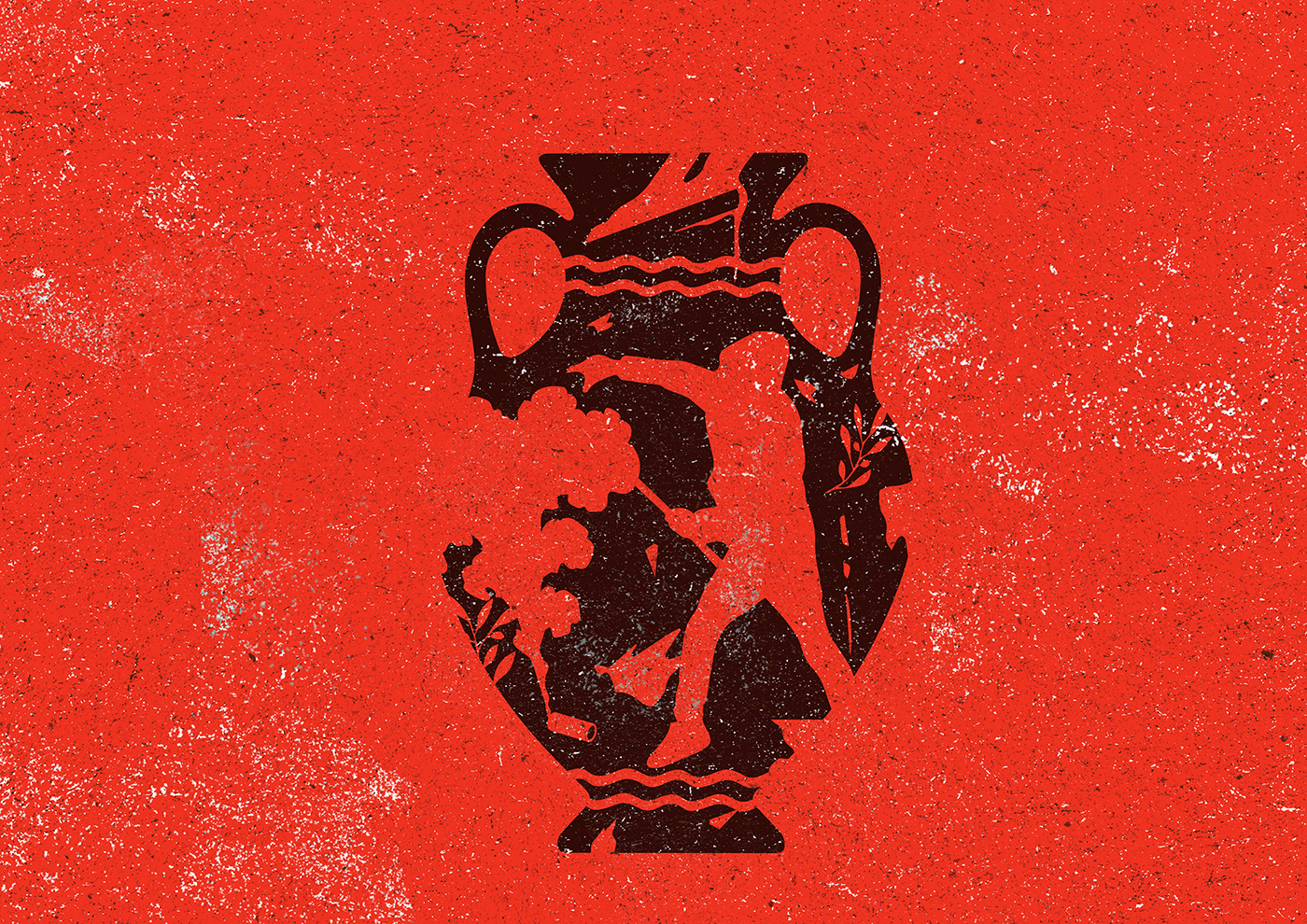
This atmosphere of ethnic fervor has fostered a dangerous sense of impunity for those who overstep their authority, as long as their targets are Serbs. Complaints and investigations often go unanswered, leaving the officers involved in such incidents unaccountable.
It’s crucial to understand how dangerous this situation is for any democratic society. If such actions are deemed acceptable now, they will soon become a norm. When that happens, the targets will shift from Serbs to anyone who dares to dissent—political opponents, union leaders, and protesters.
To go back to the story from July 1998. When a police officer from my community used such abuse, I felt ashamed and angry. There was no way I could see this as a victory for myself or my people.
I hope there are others among Kosovo Albanians today who share my sentiment, and more importantly, that they will find the courage I didn’t have to raise their voices and protest this injustice happening to ordinary citizens in the north of Kosovo.
A solidarity of common people is probably the last hope for a truly multiethnic Kosovo.






